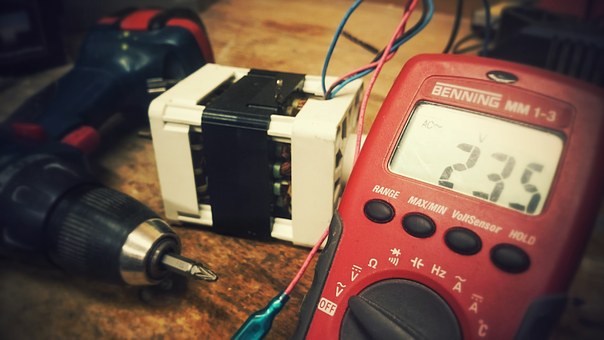
Quality control is not an optional add-on or an afterthought. Establishing a programme that ensures quality can help businesses increase customer satisfaction, quality of product and savings. Quality management, control and assurance, though, all begin with proper control and recording of stock. This is where calibration and quality control tags come in, they allow businesses to organise and catalogue their products while also recording and guaranteeing quality.
The Importance of Calibration
Calibration is a catch-all term that refers to labels and the systems that can be used in measurement, testing, assessment, inspection and certification. Commonly, products need to be calibrated in order to meet international standards of safety and quality, as well as ensuring users and customers can trust the product. Why, then, do we need to use calibration tags?
Even though calibration tags are probably the easiest part of calibration, generally, without them, the process would be rendered useless. If a label is wrong, ineligible or missing, then there is no way to guarantee the safety or quality of the product. Calibration tags concisely illustrate a product’s key calibration information, including:
- Expiration and due dates
- Key features
- D. number
- In some cases, barcodes and signatures
In addition to being able to convey this information, calibration tags are tough enough to survive handling, environmental fluctuations and higher temperatures to ensure the information remains readable. Calibration tags are needed to build trust with a consumer base, safeguarding future sales.
Quality Control Tags
Quality control tags differ slightly from calibration tags as they are used more to identify areas for inspection and calibration as opposed to solely calibrating them. These tags can also be used to segregate batches or consignments of goods. By batching these products together, businesses can signpost products for inspection, quarantine, rejection, rework, repair, bonding and those that are a work in progress.
These tags help businesses organise stock, this ensures customers receive good quality products, as well as streamlining the business to cut down on confusion, shipping times and raising the efficiency of operations. All these bonus efficiencies lead to a business that is and comes across as professional and organised, leading to better sales both short and long-term.
The Role of UKAS
For the United Kingdom, calibration and quality control needs to pass through the United Kingdom Accreditation Service (UKAS), which is the sole national accreditation body in the country. As a government-recognised entity, UKAS is a not-for-profit company that assesses UK calibration and quality control standards against international standards.
UKAS is licenced by the Department for Business, Energy & Industrial Strategy to use and apply national accreditation symbols which, essentially, mean the government recognises that a product is calibrated and accredited.
Businesses must then ensure their calibration procedures satisfy UKAS standards and meet accreditation. Its stringent evaluation procedure means suppliers and customers can trust that a product has been properly tested, inspected and calibrated without the need for background checks or cross-referencing.
Label Source has stocked the best in calibration labels and quality control tags for a variety of uses. For more from the ever-changing world of labels, be sure to follow Label Source on Facebook and Twitter.